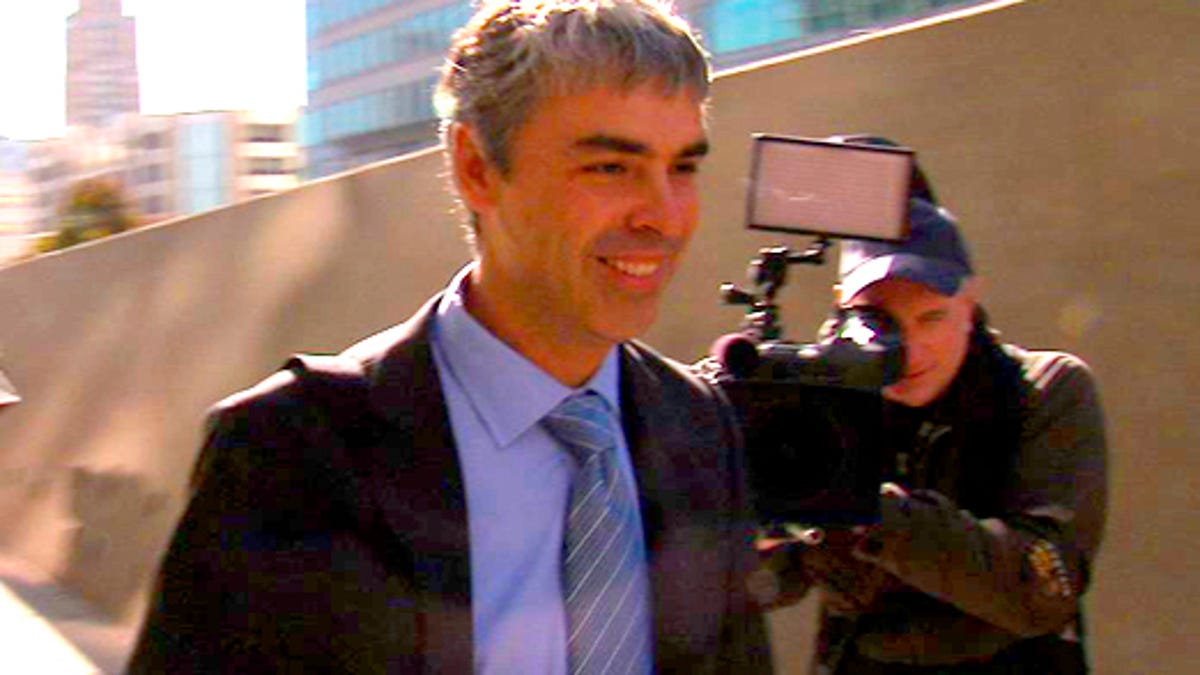Google's Larry Page makes first public appearance after illness
The Web giant's CEO spoke at a conference, and while he didn't offer more details on his health, he did talk about the EU antitrust probe and Google Maps being pulled from Apple's iOS 6.

After a several month hiatus, Google's CEO Larry Page made his first public appearance today at his company's annual Zeitgeist conference in Arizona, according to the Wall Street Journal.
Page spoke to an audience of hundreds of people about the company's recent affairs, such as its battle with Apple over maps, its dealings with antitrust regulators, and Google's specialized services.
Last June, the 39-year-old Page was noticeably absent from Google's annual shareholders' meeting, he also didn't attend Google I/O or the second-quarter earnings call in July. At the time, Chairman Eric Schmidt said that Page was recovering from an unspecified illness that sidelined him for several weeks and caused him to lose his voice, but that he was able to return to the office.
Page did not offer any more information on his health at today's meeting. According to the Wall Street Journal, he spoke in a raspy voice and said he was "still a little hoarse, but I'm here and I'm happy about that."
He did give some details about the European Union's antitrust probe into Google's consolidation of its many services under one privacy policy. According to the Wall Street Journal, Page said he was "hopeful" about working with antitrust regulators but that "over-regulation of the Internet and restriction of what people can do is a big risk for us."
One of the reasons that the European Union is investigating Google's privacy policy is because the governing body believes that the search giant hurt Internet competitors by driving more traffic to its own specialized services. Page said today that in many cases it doesn't make sense to drive traffic to a competitor. When people search for something, he said, they're not looking for "links to other search engines," but rather for that particular product. "I think you want product information; you want to buy something," he said.
In addition to the antitrust probe, Page also spoke about the Apple Maps versus Google Maps debacle. When Apple opted to boot Google Maps from its recent iOS 6 release, many users got up in arms. Complaints about Apple Maps included inaccurate data, lack of details, distorted images, and erroneous directions. Apple could have kept Google's more reliable and mature mobile mapping app, but it made a strategic decision to create its own mapping system.
In the aftermath of Apple's Maps flop, Google amped up its mobile Web app but hasn't said whether it will develop a specific Google Maps app for Apple's
According to the Wall Street Journal, he also joked and said he was "excited that other people are starting to notice we've worked hard on [maps] for seven years."

